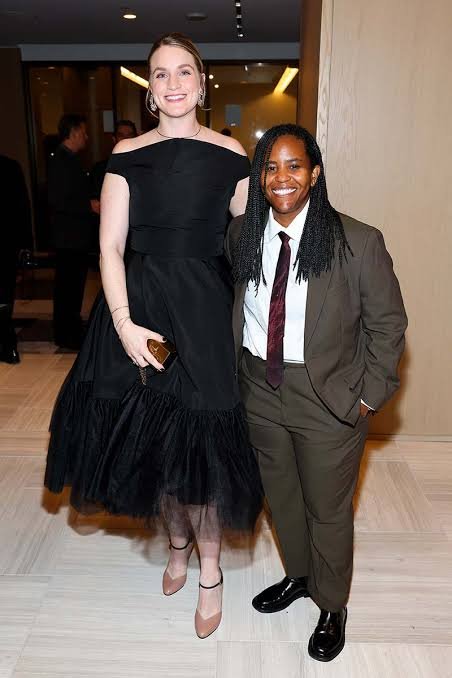Nigeria today mourns the passing of a statesman whose life spanned decades of national service, from military leadership to democratic governance.
Former President Muhammadu Buhari, GCFR, who died on July 13, 2025, in a London clinic at the age of 82, leaves behind a legacy etched in the annals of Nigerian history.
Born on December 17, 1942, in Daura, Katsina State, Muhammadu Buhari hailed from a modest Fulani family. He joined the Nigerian military at the age of 19, embarking on a career that would define much of his early adult life. Trained in Nigeria, India, the United Kingdom, and the United States, Buhari quickly rose through the ranks, gaining a reputation for discipline, diligence, and integrity.
His role in the Nigerian Civil War and various military commands positioned him for higher responsibilities, culminating in his appointment as Federal Commissioner (Minister) for Petroleum Resources in 1976 under the Murtala/Obasanjo regime. He also chaired the Nigerian National Petroleum Corporation (NNPC) during this period.
On December 31, 1983, Buhari seized power in a military coup that ousted the civilian government of President Shehu Shagari. His regime, though short-lived, was marked by a firm stance against corruption and indiscipline. Through the now-famous “War Against Indiscipline” (WAI), he sought to instill order in public life and curb corruption.
However, the regime also attracted criticism for human rights abuses, censorship, and its rigid economic policies. Buhari’s tenure as Head of State ended abruptly on August 27, 1985, when he was overthrown by his then Chief of Army Staff, General Ibrahim Babangida.
Following his ouster, Buhari remained largely silent in public affairs for several years. He resurfaced during the Abacha regime as chairman of the Petroleum Trust Fund (PTF), where he oversaw massive infrastructural projects funded by proceeds from oil savings.
By the late 1990s and early 2000s, Buhari began to redefine himself as a democrat. He contested for the presidency in 2003, 2007, and 2011 losing each time. Despite the defeats, he maintained a loyal political following, particularly in northern Nigeria.
In 2015, at the age of 72, Buhari made history by becoming the first opposition candidate in Nigeria to defeat a sitting president. Backed by a coalition of parties under the All Progressives Congress (APC), he defeated incumbent President Goodluck Jonathan in an election widely praised for its relative transparency.
As president, Buhari campaigned on three core promises: fighting corruption, improving security, and reviving the economy. His administration scored notable gains in degrading Boko Haram insurgents in the North-East, recovering looted assets, and implementing social investment programs like N-Power and the school feeding initiative.
However, his presidency was not without controversy. Buhari faced criticism over rising insecurity in other parts of the country, perceived nepotism in appointments, a sluggish economy, and increasing national debt. His prolonged medical trips abroad also stirred public concern about his health and capacity.
Re-elected in 2019, Buhari completed his second term in 2023 and peacefully handed over power to President Bola Ahmed Tinubu, his political ally and former Lagos State governor.
President Buhari was a devout Muslim, known for his austere personal lifestyle and deep religious conviction. He was married to Aisha Buhari, with whom he had several children. He also maintained a quiet personal profile, often retreating to his hometown in Daura.
To his supporters, Buhari symbolized discipline, honesty, and patriotic commitment to national rebirth. To critics, he represented authoritarian tendencies and unfulfilled promises. Regardless, few can dispute the imprint he left on Nigeria’s political and governance landscape.
As the nation mourns, tributes are pouring in from across Nigeria and around the world, reflecting on the life of a man who, for better or worse, shaped the course of Nigeria’s modern history.
President Muhammadu Buhari will be remembered as a paradox of Nigeria’s political evolution, a military ruler turned democrat, a disciplinarian with populist appeal, and a leader whose name will remain in the national conversation for generations to come.
Editor: Ebuwa Omo-Osagie
Discover more from viewnowafrica.com.ng
Subscribe to get the latest posts sent to your email.


